Gambian Government Launches Full-Scale Investigation into Sale of Ex-Leader Yahya Jammeh’s Assets Amid Public Outcry
- by Yaya, Gambia 🇬🇲, RNG247
- about 5 hours ago
- 17 views
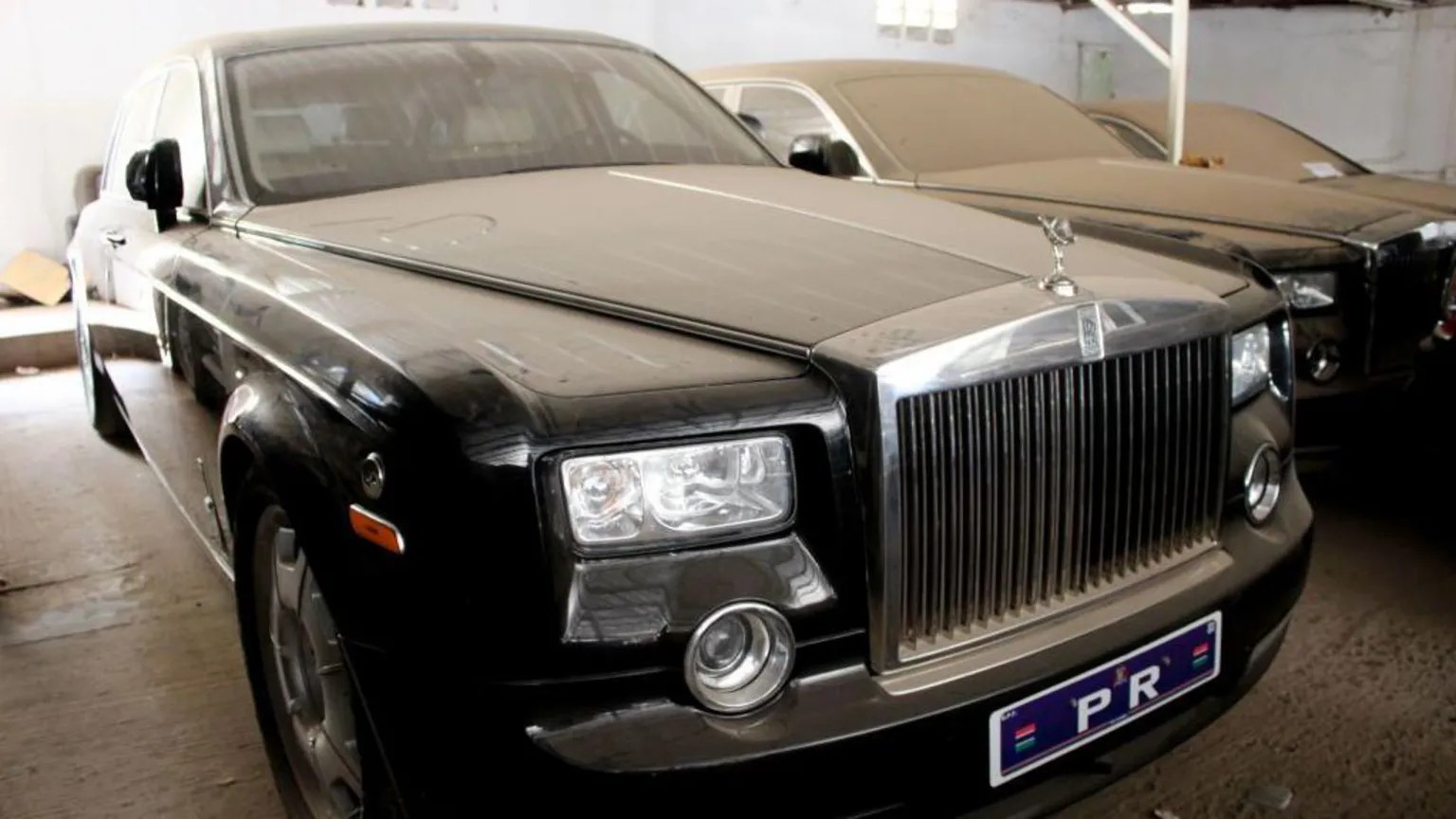
In a move highlighting the ongoing quest for accountability, the Gambian government has officially launched a comprehensive investigation into the sale of assets seized from former President Yahya Jammeh, amid mounting public concern over transparency and potential misconduct.
The investigation follows revelations that some of the seized assets—including luxury vehicles, livestock, boats, and land—were sold while a government-appointed panel was still scrutinizing the wealth accumulated by Jammeh during his 22-year rule. This revelation was brought to light by an investigative report from the local Republic newspaper, which uncovered troubling irregularities suggesting that the sales may not have followed proper procedures.
The panel, known as the Janneh Commission, had previously determined that Jammeh had illicitly amassed over $360 million during his time in office, spending lavishly on high-end vehicles, private jets, real estate, and other luxury assets. These findings prompted President Adama Barrow in 2019 to authorize the forfeiture and redistribution of assets linked to Jammeh and his associates. However, the recent sale of assets has raised serious questions about the transparency and legality of the process.
Notably, the list of assets publicly provided by the government included some of Jammeh’s prized possessions such as luxury cars—like a customized Rolls Royce and Bentley—boats, heavy machinery, and large parcels of land. Yet, questions lingered over the absence of certain high-profile items, including the aforementioned luxury cars, which officials suggested might have been shipped to Equatorial Guinea, where Jammeh had sought exile in 2017 after losing presidential elections.
The local media’s report sparked widespread outrage, with citizens accusing senior government officials of selling valuable assets at below-market prices to themselves, their friends, and family members. The timing and transparency of these sales have come into sharp focus, fueling protests in the capital, Banjul, where dozens of demonstrators, including journalists, were detained but later released.
In response to the uproar, the government issued a detailed list of assets that had already been sold, complete with buyer names, sale prices, and dates. While this list shed some light on the process, it also confirmed the sale of numerous assets at arguably suspiciously low prices. The Justice Ministry maintains that all transactions were carried out within the bounds of the law and in the interest of justice, stating, “At all times, the government acted within the confines of the law and in the public interest.”
President Barrow, addressing the nation in a televised speech on Wednesday night, expressed a firm commitment to transparency. He revealed that he had just learned some details of the asset sales during a cabinet meeting and that both the Parliament and the National Audit Office are conducting parallel investigations. “Their findings will be made public, and my government will enforce their recommendations to address the shortcomings discovered and hold accountable any individual or entity found culpable,” Barrow assured.
Despite the president’s assurances, opposition figures and civil society groups remain skeptical. Yahya Sanyang, an opposition Member of Parliament, called for an independent inquiry, criticizing Parliament as being too closely aligned with the ruling party to provide impartial oversight. Meanwhile, the Edward Francis Small Center for Rights and Justice has demanded that the president take immediate responsibility by halting the sale of all assets pending the outcome of thorough investigations.
The controversy surrounding Jammeh's assets is not confined to The Gambia. In 2022, U.S. authorities seized a sprawling mansion in Maryland, allegedly purchased through proceeds of corruption. Further investigations revealed that Jammeh operated more than 100 private bank accounts and acquired at least 281 properties abroad during his tenure—evidence pointing to a vast network of illicit wealth.
As Gambians eagerly await the results of the investigations, the government’s handling of this sensitive issue will be crucial in restoring public trust and demonstrating its commitment to justice. With the country’s reputation on the line, the coming weeks will be pivotal in determining whether genuine accountability can be achieved behind the lingering shadows of Jammeh’s legacy.



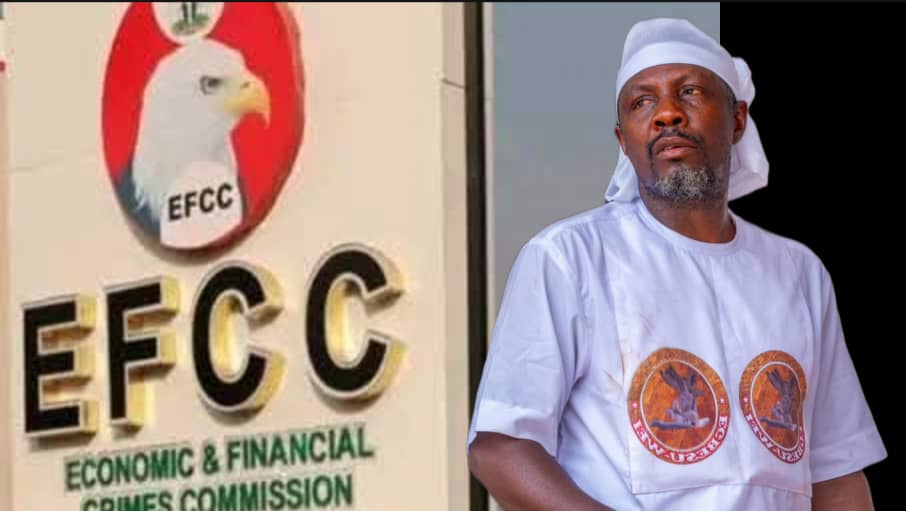

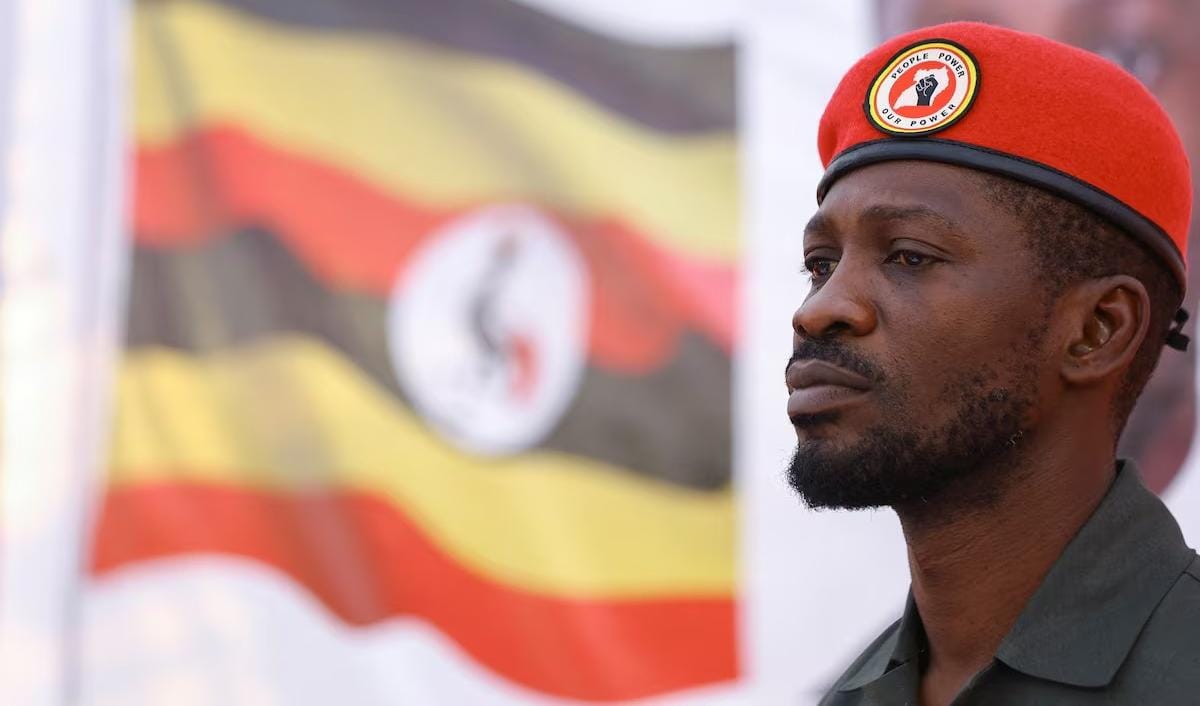


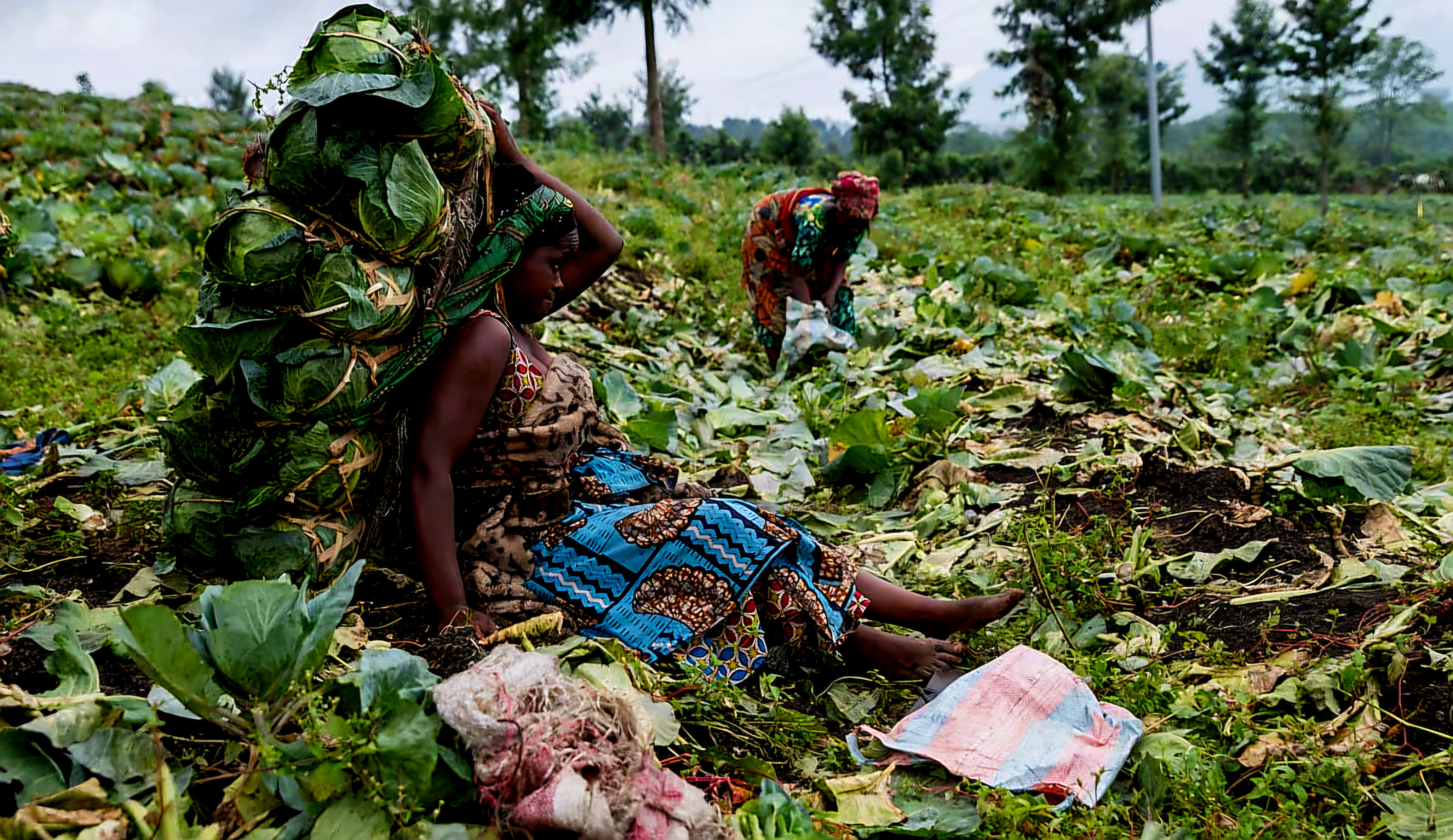
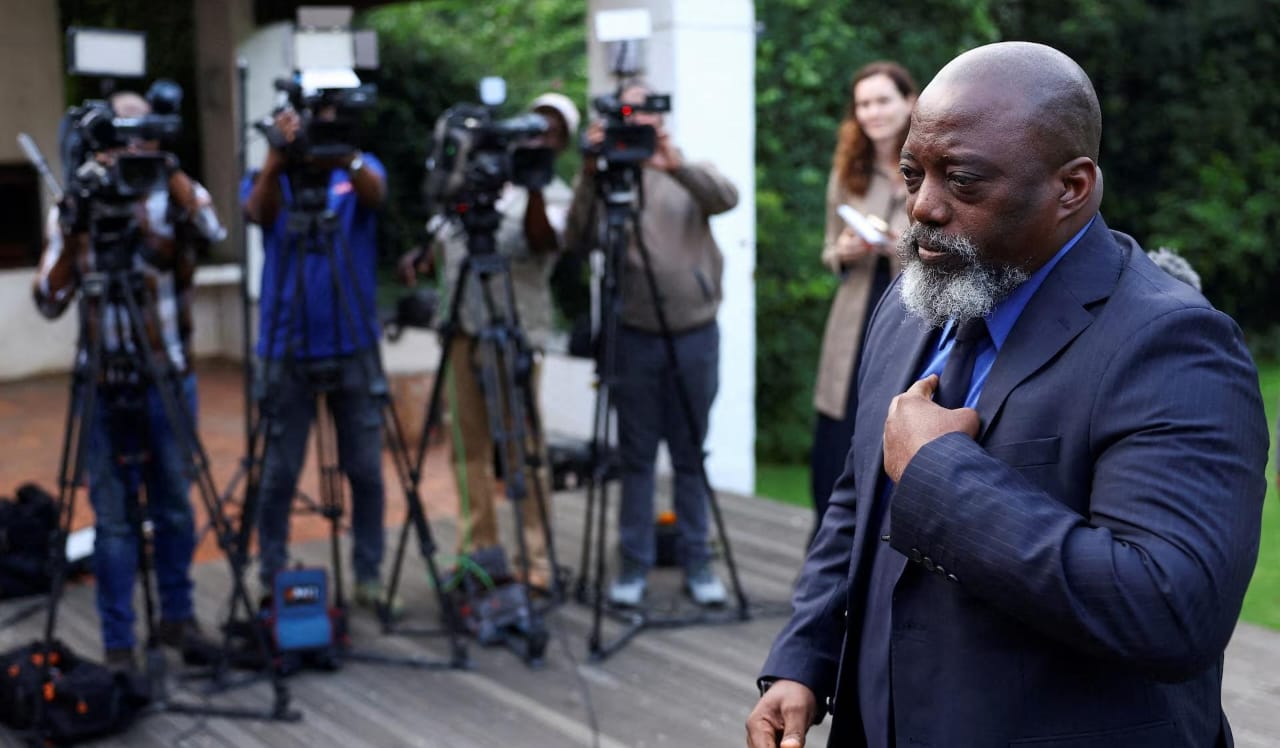
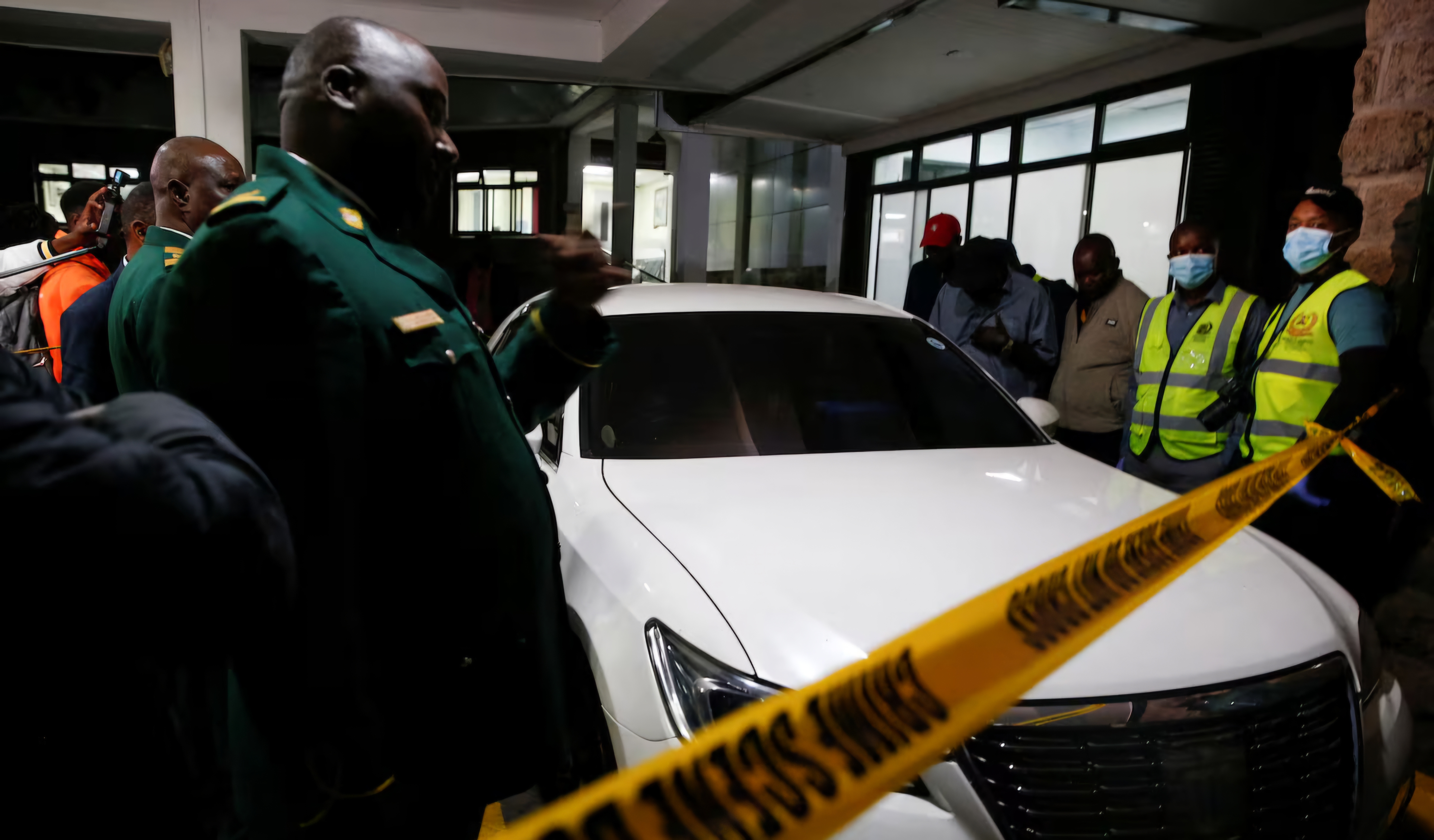
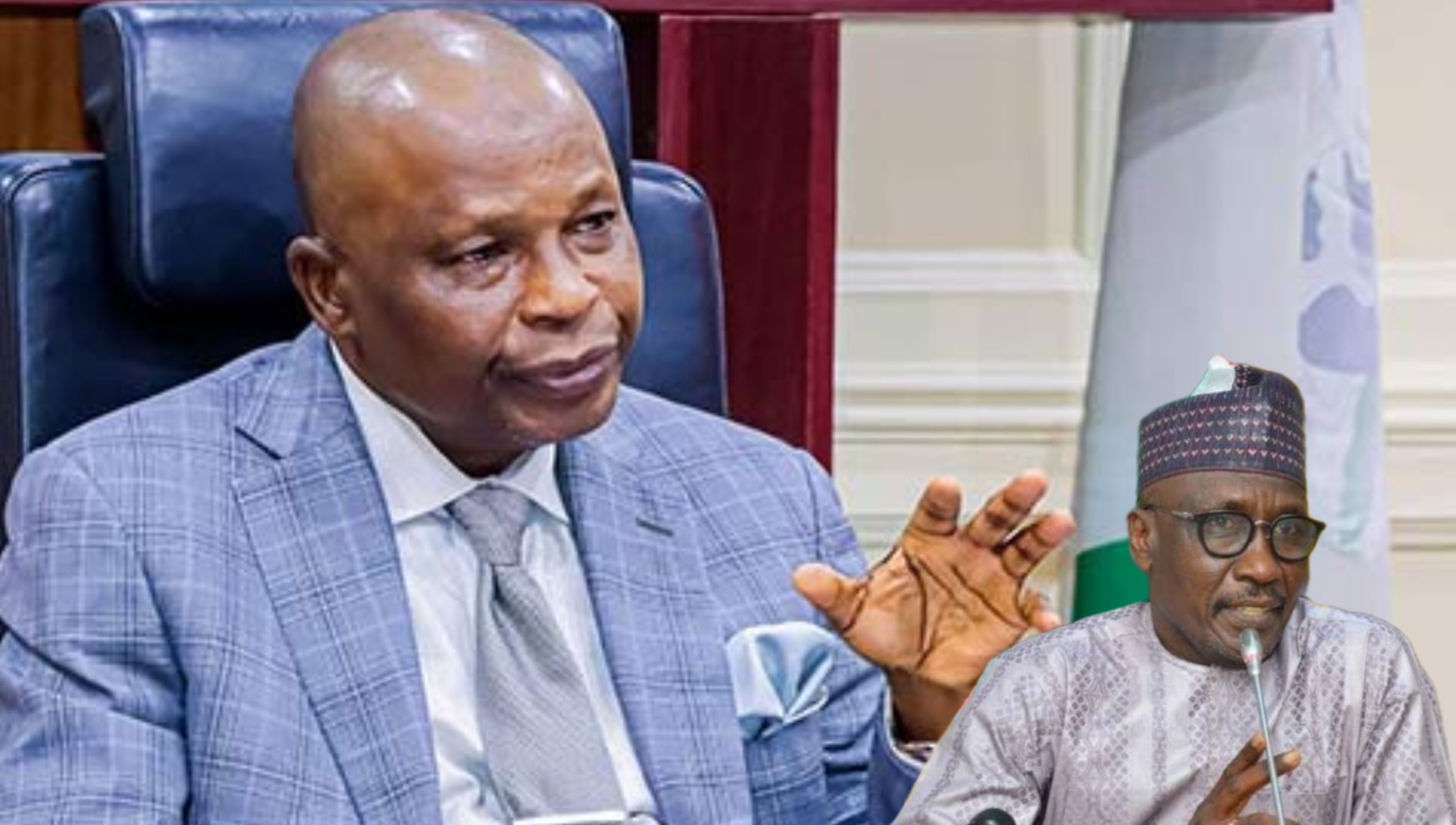
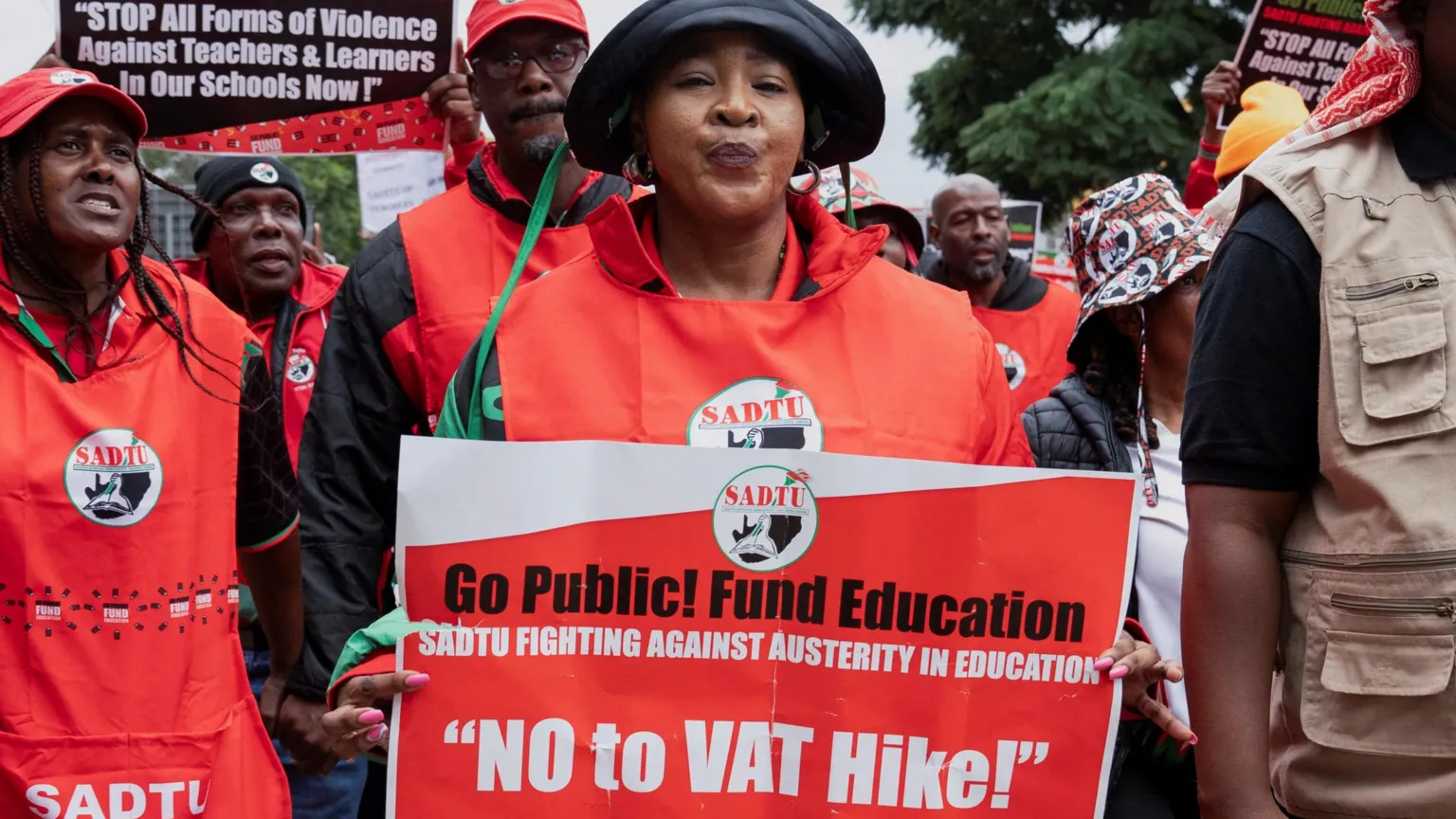
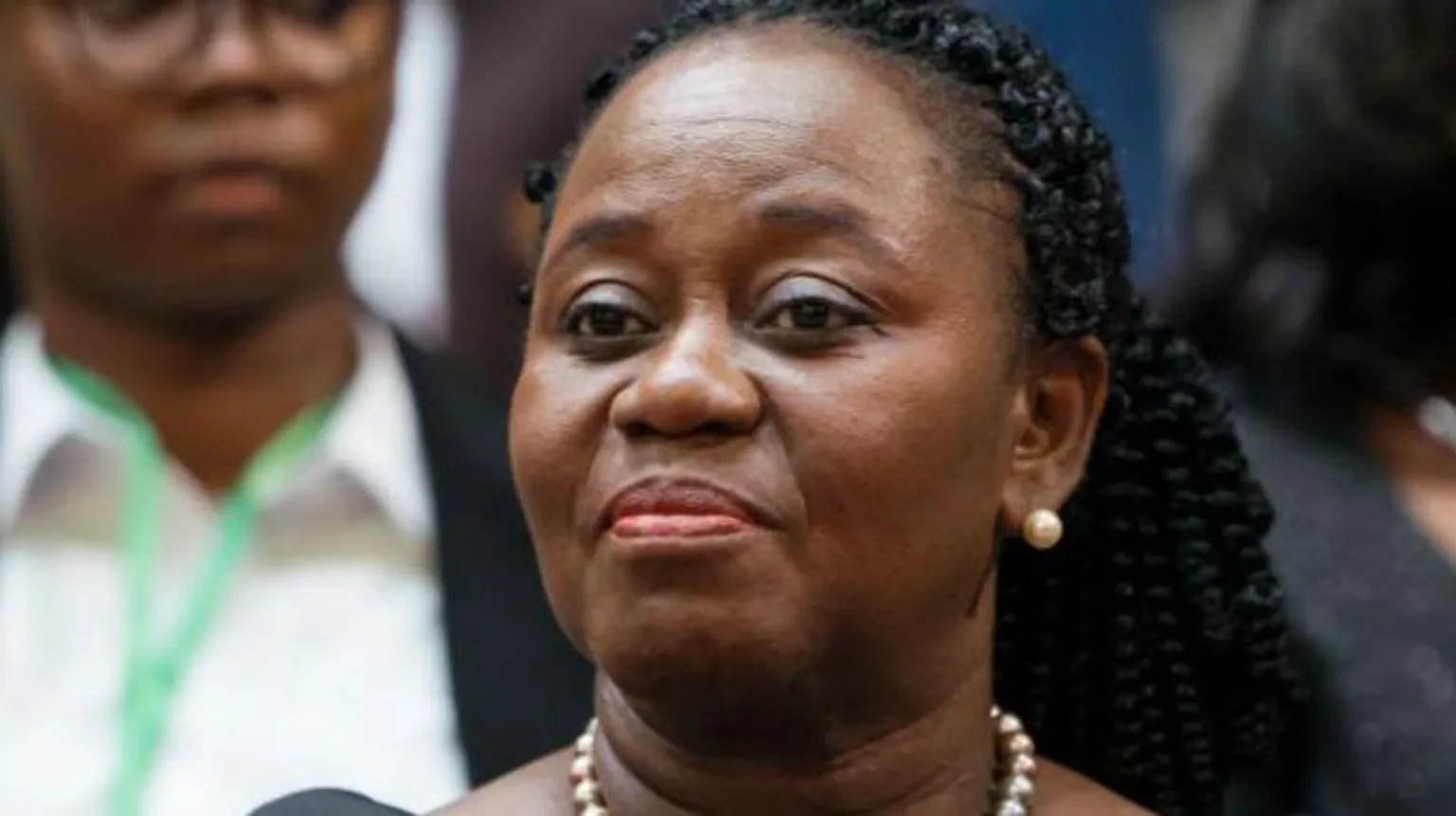
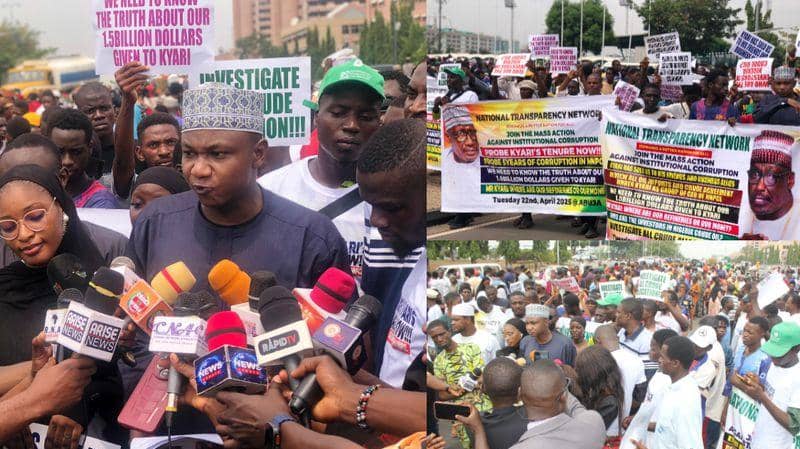

0 Comment(s)